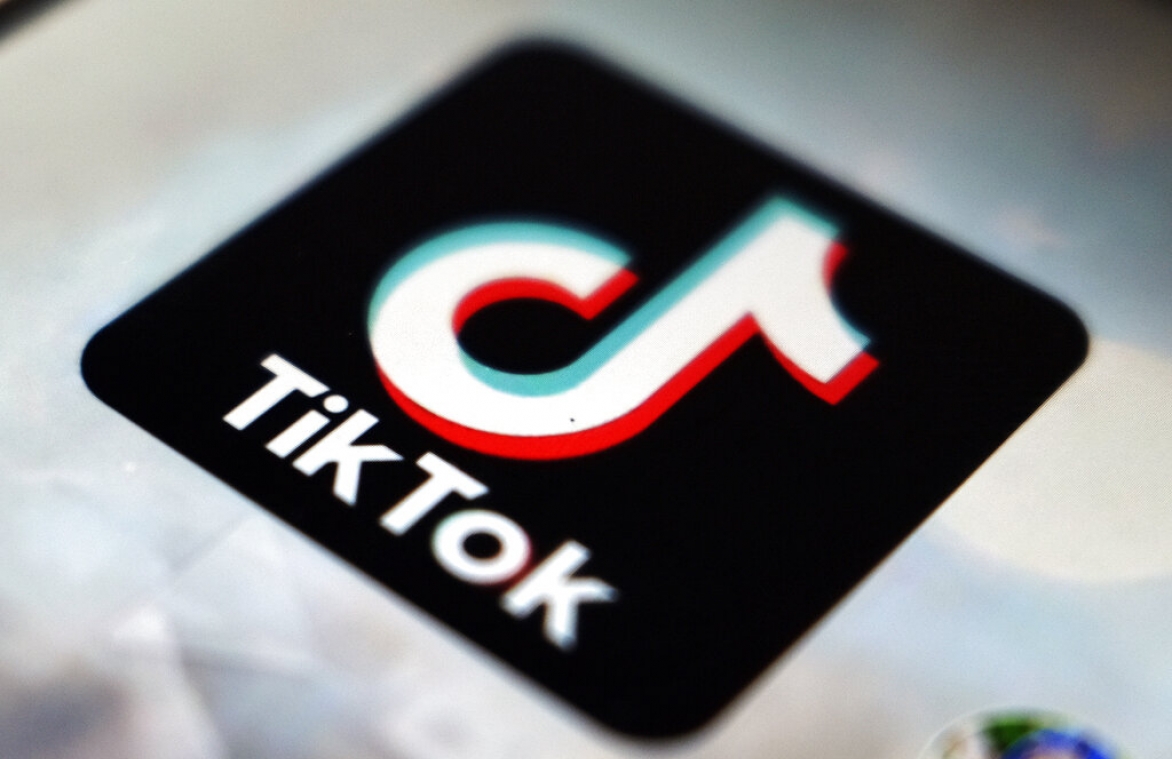In 2023, several states and the federal government took action to reduce access in the United States to TikTok, a video-sharing app owned by a Chinese company. U.S. officials were concerned that the Chinese Communist government was using, or could use, the app to harvest data on Americans or otherwise do things that would threaten national security.
TikTok’s owner, Beijing-based ByteDance Ltd., has denied that the Chinese government had such access, but this didn’t stop Congress and several state legislatures from passing laws and rules prohibiting the use of TikTok on government-issued devices and through college WiFi networks.
One state, Montana, even went as far as to bar the app from being offered to Montana users, with fines of up to $10,000 a day for any app store that made it available. A federal judge temporarily stopped the law from being enforced, saying it likely violated First Amendment constitutional protections against prior restraint, or censorship. Montana is appealing the order.
In a new article in The First Amendment Encyclopedia, longtime journalist Dennis Hetzel surveys the new TikTok bans and regulations in the United States, looking at how they came about and what First Amendment issues they might raise.
While laws and regulations related to barring TikTok on government-issued devices have been upheld by courts, others have drawn scrutiny for their impact on speech. (TikTok allows users to upload their short-form videos, which then appear on others’ feeds.)
More laws that would reduce TikTok’s access also appear to be forthcoming. For example, Hetzel writes about a bipartisan bill introduced in Congress in February 2023 that would empower the U.S. government to ban or force the sale of foreign-owned applications that are deemed a threat to national security.
Hetzel also writes about states that are beginning to challenge TikTok through their consumer-protection laws.

